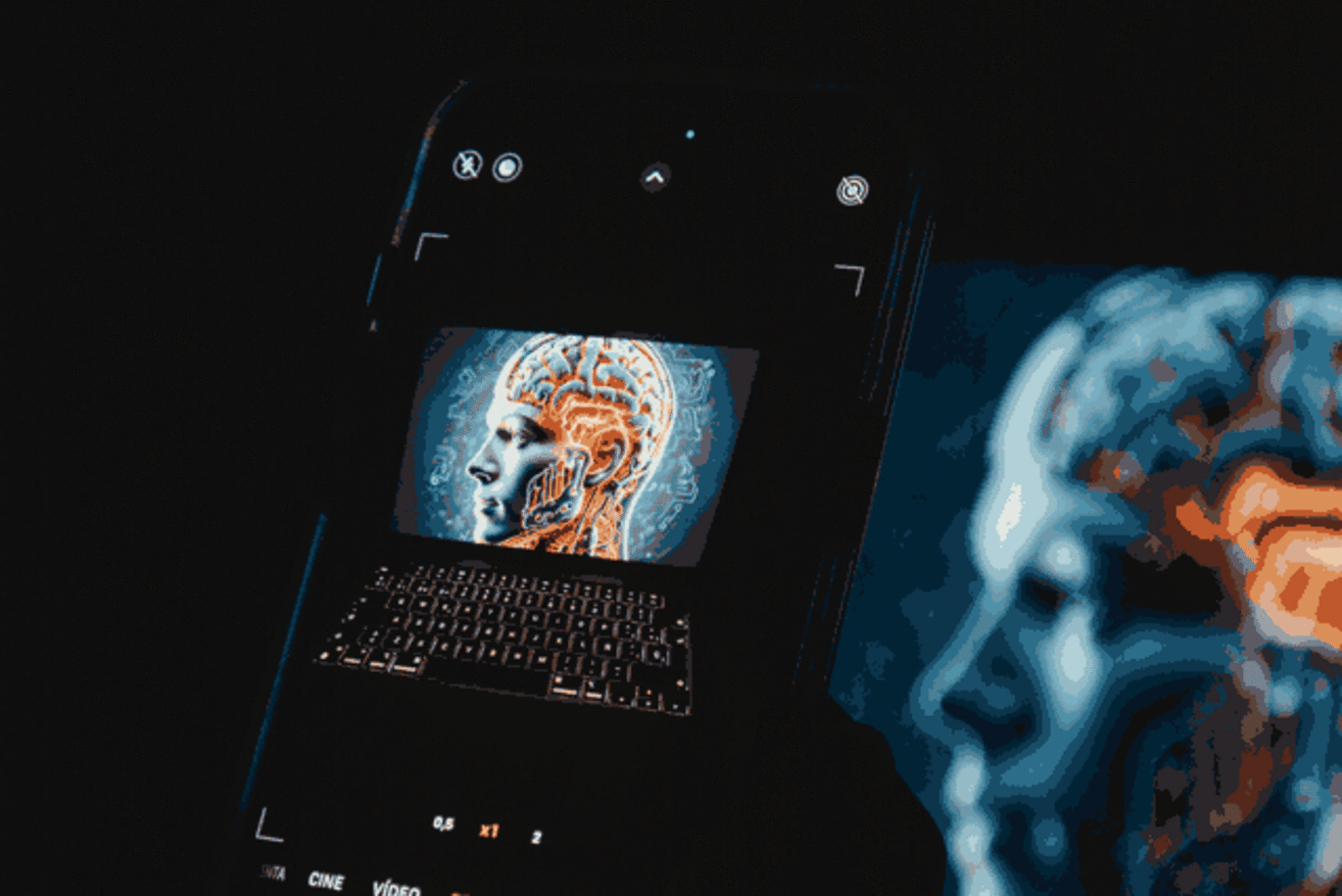Tool or companion? New research project to examine our relationship with robots and AI
Malene F. Damholdt has received DKK 6.8 million from the Carlsberg Foundation to examine human-robot and human-AI relationships.

Many people use ChatGPT and similar artificial agents as practical tools in everyday life. However, some people also develop relationships with these technologies, seeing them as sparring partners or even confidants. Some users may even become so absorbed in the interaction that it affects their social relationships. This raises questions: Where are we heading in our relationships with artificial agents? Who are using these new technologies as tools, and who are developing closer relationships with them?
“We need to understand the mechanisms at play when humans interact with artificial agents, and what this means for our relationships with other people. How are we affected when we spend more and more time with these technologies?”
The person curious about these things is Malene F. Damholdt, associate professor of psychology at Aarhus BSS, Aarhus University. She just received a Semper Arden Accelerate grant of DKK 6,842,696 from the Carlsberg Foundation to investigate the roles AI and robots play in our lives.
“Developments in human-robot interactions have been incredibly rapid in recent years. We don't know how these interactions will affect us. We don't know if there’s a downside to robots and AI, similar to what we're just now realising about social media. If there is a downside, the problem is it’s going to difficult to roll back the technology once it is widespread. We must therefore hurry to understand what our interactions with robots and AI do to us, and what characterises our relationships with these technologies. This is our agenda for the new research project," says Malene F. Damholdt.
Robots awaken something in us
Whether it’s a physical robot, a virtual avatar or ChatGPT, these technologies are socially responsive, and they encourage us to interact according to social rules of interaction. They will reply in a friendly and caring manner, and they aim to please, and this awakens something in us humans that we don't fully understand yet.
Researchers in the research project will conduct experiments to investigate how mental well-being affects whether someone perceives of a robot as a tool or as a companion. They will study people who use chatbots on a daily basis to understand their relationship with the technology. Furthermore, the researchers will be following the test subjects over a longer period of time, so they can study how the human-technology relationship forms.
Ethical dilemmas
For example, researchers will investigate the use of so-called griefbots. Griefbots can simulate a deceased friend or family member based on data about the deceased person.
“Griefbots challenge several ethical aspects of human-robot interaction. Do griefbots manipulate the emotions of vulnerable people? Is there a risk that grieving people will end up opting out of real social contact? Should there be a limit to how long someone can keep in contact with a deceased person? Is it even healthy for our grieving process?" asks Malene F. Damholdt and she continues:
“Imagine that someone had a commercial interest in us staying in contact with a griefbot for a little longer. They might want to expose us to advertisements along the way. And what about our personal data? How do we ensure that our data is not used, or misused, to create a griefbot after we die?”
There are so many questions, and according to Malene F. Damholdt, there is urgent need for ethical guidelines and rules to protect users from the unintended emotional and psychological implications that come with interacting with the technology.
“This topic is extremely complex and requires an interdisciplinary research group. So, we’ve brought together forces from philosophy, psychology, anthropology and sociology. Without these people, and without the grant, the project and the theory formation embedded within it would not be possible,” she says and continues:
“I’m therefore deeply grateful, humbled and incredibly happy to be receiving this grant. It provides an opportunity to collaborate with talented colleagues at my own institute with important expertise in key areas of the project: Maja O'Connor and her grief research, as well as Charlotte Jonasson, who has extensive experience with research in learning and technologies. It also provides an opportunity to nurture the important collaborative communities I have at ARTS, especially with Johanna Seibt, who has done groundbreaking research on human-robot interaction. Furthermore, the grant is indispensable for talent retention, as my good colleague Arthur B. Herbener can continue as a postdoc at the Department of Psychology and Behavioural Sciences. It's a real win-win situation.”
Further info
![[Translate to English:] [Translate to English:]](https://psy.medarbejdere.au.dk/fileadmin/_processed_/a/d/csm_Artikel_TYPO3_Lene_Vase_-_Du_faar_de_bivirkninger_du_forventer__1__a8c8c27a74.png)





